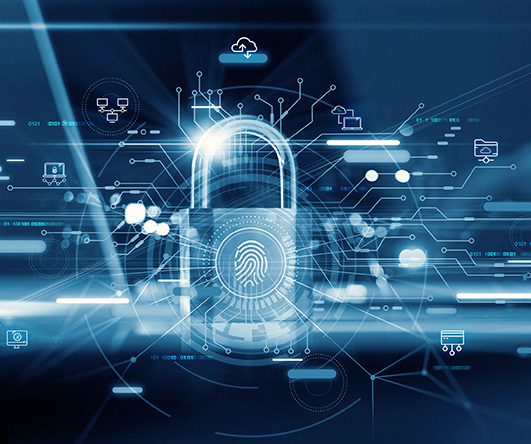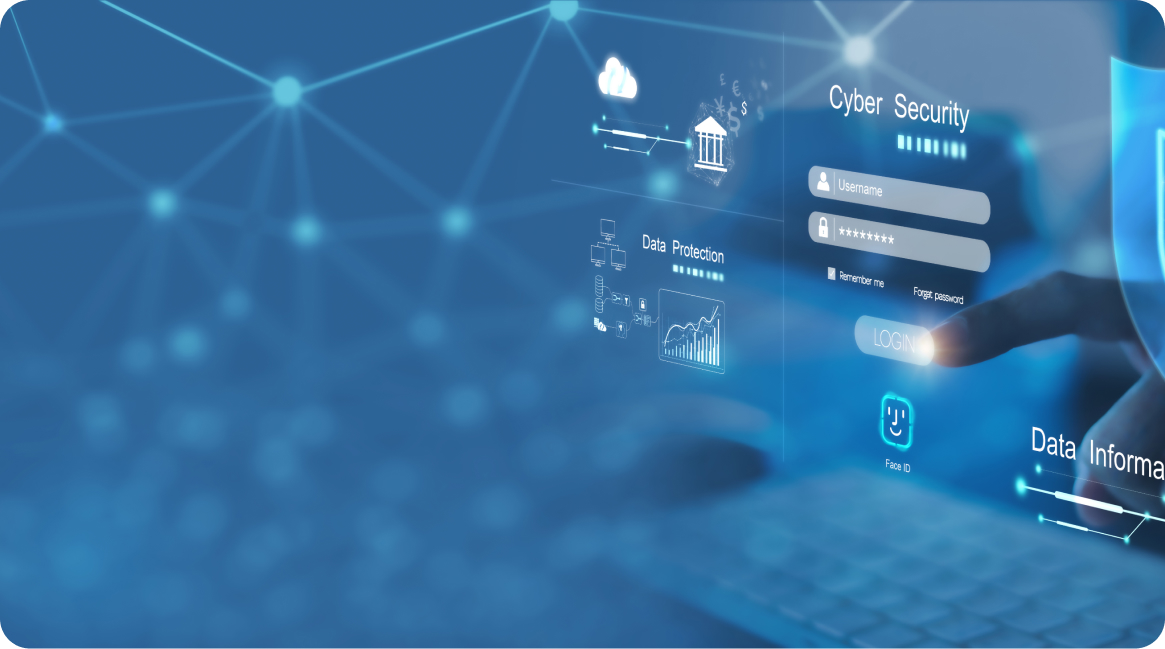


The role of white hat hackers in preventing cybercrime. Useful insights for students planning to pursue integrated masters in cyber security
In an era dominated by digitalisation, the prevalence of cybercrime has seen a significant surge. Hackers take advantage of vulnerabilities in computer systems, posing risks to sensitive data, financial security, and even national security. However, there exists a distinctive group of individuals called white hat hackers who play a vital





